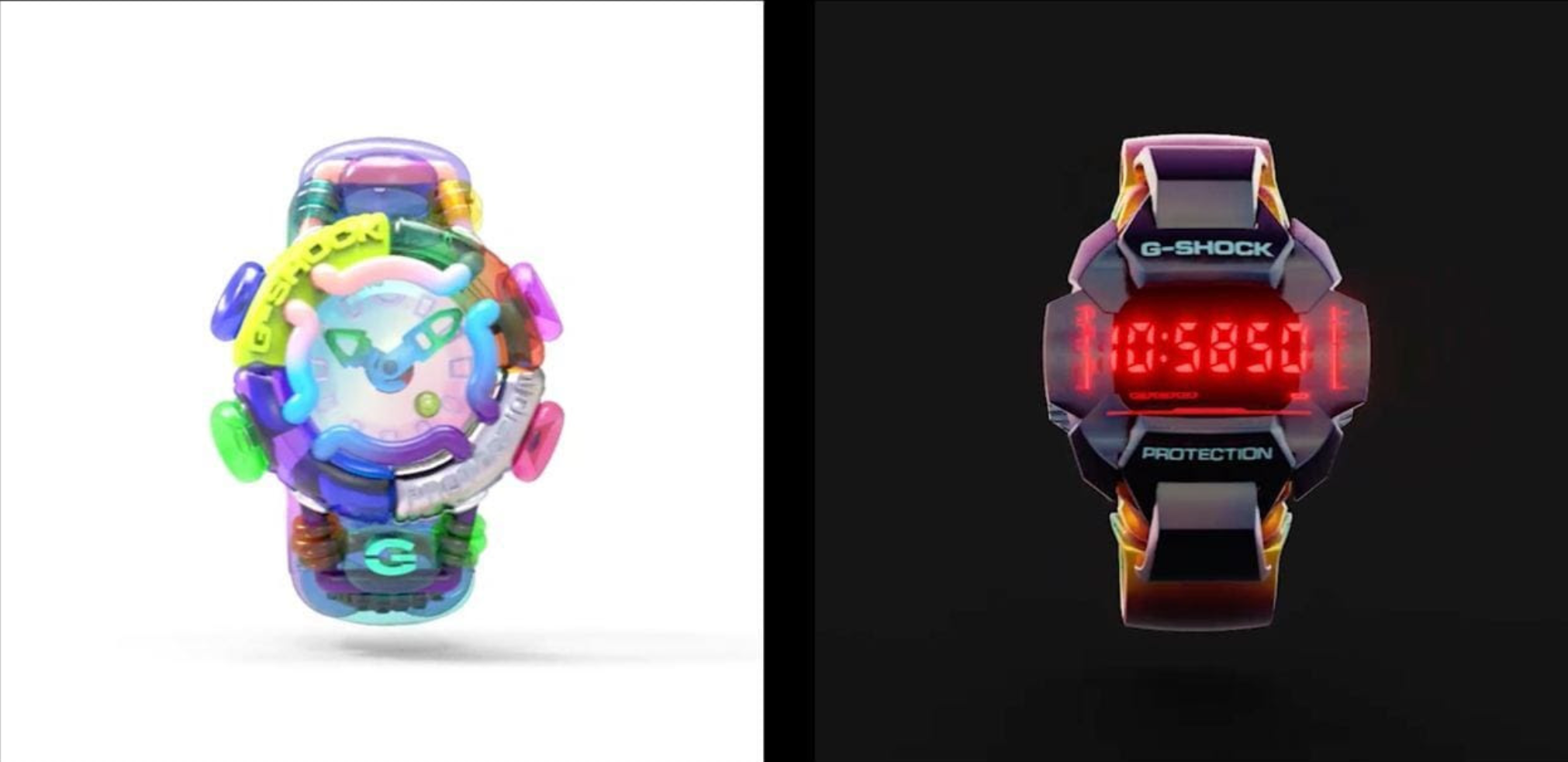Amid the rollout of holiday-themed virtual stores and Art Basel activations, December has also been a strong month for streetwear in Web3. And with the new year only weeks away, brands are getting a headstart in setting the trends for the emerging tech market in 2024.
Reebok, for example, has joined forces with open metaverse infrastructure provider Futureverse on an AI-metaverse deal, slated to launch early next year. Meanwhile, Sol3mates, the digital-first sneaker label from Chalhoub Group, is planning its next step into the world of physical garments via its first-ever sub-brand.
Born from counterculture like Web3, streetwear is no stranger to disrupting the status quo. With the virtual ecosystem slowly finding steady ground after a rocky start, strategies are evolving, and streetwear brands are looking to be more ready than ever.
What happened: Sirocco, the first brand under Sol3mates, has released an early look at its first physical streetwear collection, which will roll out in May 2024.
From December 13 to March 10, enthusiasts can pre-order pieces from the made-to-order, seasonless drop, which was created in collaboration with French concept designer and social media sensation Kacimi Latamène. Sneakers, T-shirts, and hoodies will be equipped with their own NFC tag, offering exclusive perks to their owners.
Why it matters: The project marks a significant milestone for Chalhoub Group as it expands into new categories in 2024. The challenge is maintaining the quality of its designs as it branches out.
After cultivating a strong fanbase through its previous activations and community benefits system, Sol3mates is focused on countering the pessimism towards Web3-native streetwear drops and establishing itself as a launchpad for underrepresented designers.

What happened: Reebok is laying the groundwork for its 2024 Web3 vision with its latest project, announced via a teaser video on December 7. The athleisure label unveiled that it would be teaming up with metaverse infrastructure pioneer Futureverse to construct its own AI, gaming, and metaverse experiences.
Designed to diversify the way consumers interact with Reebok’s products, the collaboration will be an ongoing initiative called “Reebok Impact” that will “allow mass consumers to dip their toes into artificial intelligence for the first time.”
Why it matters: Like in the physical realm, Reebok has struggled to reach the same cultural status as competitors Adidas and Nike. But the label’s unique Web3 roadmap might be its secret weapon.
After metaverse destinations fell off the radar this year, builders have gone back to augment virtual spaces and make them more appealing, streamlined, and navigable. As a result, brands are pivoting back to digital spaces as fruitful experiential hubs.

What happened: After filing for metaverse trademarks in September, Casio dropped its hotly-anticipated debut G-Shock digital collectibles series on Friday, December 15. The 2,000-piece collection includes two designs, priced at 0.1 ETH each. Holders of Casio’s G-SHOCK Creator Pass were given early access to the collection before it opened to the public.
Alongside the NFT, owners will also be able to redeem exclusive rewards linked to the real world, including behind-the-scenes tours, early access to Casio’s latest products, and more.
Why it matters: Casio’s G-Shock watches have grown to be a fixture in the streetwear community after becoming popular among American skaters in the 1990s. Today, the brand still holds the same cultural value thanks to its niche position at the intersection of timepieces and streetwear.
Yet, despite holding such a strong position in today’s streetwear scene, the brand isn’t guaranteed the same success in Web3. In 2024, Web2 platforms like X and Instagram will still play an indelible role in bringing Web3 to the masses. Utilizing these channels would have helped Casio boost the project’s visibility before its launch.
This news is republished from another source. You can check the original article here







